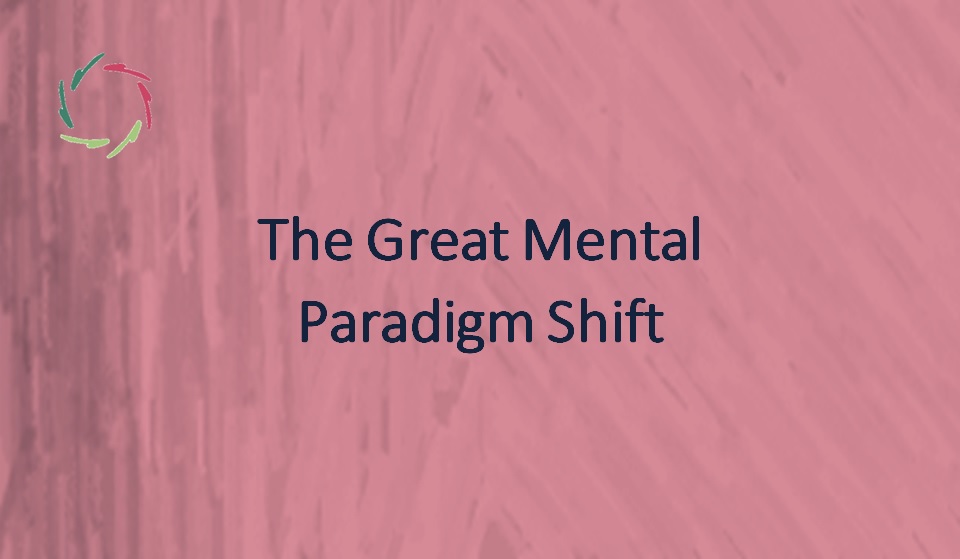String of Enemies

Since time immemorial, humanity is plagued by a string of enemies. Is this ingrained in human nature?
Just recently: from viral to geopolitical etc.
2020-2021: two years of the virus. Until now, with 15 million deaths and trillions of USD/EUROS of economic hardship, the war against this ‘enemy’ has prevented any clear sight of the possible importance of human mental factors in causality. You find much of this in Minding Corona, and an article-in-science by me about the possible role of the mind in this.
2022: the war in Ukraine. A very different ‘enemy,’ but the same underlying principle. We could in recent years have learned something to prevent this, but we didn’t. One reason is the preference of many to stay comfortably numb.
20XX: (if we survive the climate disaster) the war against ‘enemy’ super-A.I. ― same underlying principle. What will it be?
War as a ubiquitous metaphor
It keeps grabbing attention: the war against cancer, obesity, addictions, disease in general, the other side of the aisle, race, racism, crime, terrorism… There is no end.
In any of these cases, the war is metaphorical. Perhaps somewhat more challenging to see, even in any war between people, the most important one may be fought metaphorically.
A natural given?
Looking at the sheer endless string, one might think that having enemies is a natural necessity like eating or drinking. Is this the result of bad genes making up the core of homo sapiens?
Indeed, the defense of the own kin against ‘the enemy’ may be innate. It has always been relevant. In any lifetime of any of your ancestors, sooner or later, there was bound to be an enemy and a need for protection.
Even more, a human streak seems to lie in a relentless search for an enemy ― if needed, even to create one. This may be advantageous to individuals or groups. It’s better to see one enemy too much than too little.
But that doesn’t mean there is always necessarily an enemy.
What seems to be an innate characteristic (A) may result from another innate characteristic (B). This result may come forward in specific circumstances (C).
(B) THEN (A) IF (C)
If (B) and (C) are ubiquitous, then (A) may seem to be inescapably ubiquitous too.
ALWAYS [(B) AND (C)] THUS ALWAYS (A)
But no, it isn’t. For instance, (C) may be universal but preventable.
(B) AND NOT-(C) THAN NOT-(A)
In our case, the circumstances in which enemies appear may be preventable. Geopolitically, does that seem naïve? Even so, one can see possibilities at the local level or even individually.
(C) comes to (A)
Circumstances at the individual level are related to how people (individuals) may find an ‘enemy inside.’ In this setting, continually, enemies outside and inside can converge, forming an endless string of enemies. Is this hopeless?
Needed: support
This can – in principle – be prevented by supporting people in the way they relate to themselves. In my view, more structural solutions can only succeed if carried by many individuals ― from the inside out. With proper insight, the needed support can come from many sides. For instance, healthcare is an excellent field in which the own mind as cure can lead to a ‘medicine of peace.’
Eventually, it starts with every individual. That includes you.


